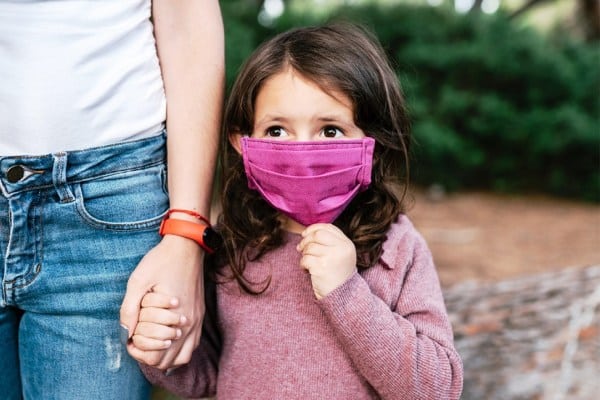
![]()
Up to one in seven children who contract coronavirus could have symptoms almost four months later, according to a frightening findings from the world's largest study on 'long covid' in children.
People who tested positive were twice as likely to report three or more symptoms 15 weeks later than those who tested negative, in research from University College London and Public Health England found.
The research looked at almost 7,000 children aged 11 to 17, made up of those who had a positive PCR test result between January and March and a group who tested negative in the same period.
When surveyed around 15 weeks after their test, 14% more young people in the positive group had three or more symptoms, including unusual tiredness and headaches, than those who tested negative.
The data suggest that over seven months between September 2020 and March 2021 at least 4,000 and possibly 32,000 teenagers in England may have had multiple symptoms tied to Covid-19 infection after 15 weeks.
Females, older teens and those with worse pre-test physical and mental health were more likely to experience long Covid, the study said.
Physical symptoms included unusual tiredness, shortness of breath, headaches and loss of taste or smell.
Sir Terence Stephenson, Nuffield professor of child health at University College London, said he was “reassured” that prevalence rates were much lower than the “worst-case scenario”, but he added that a small number of young people would have life-limiting symptoms.
“I remain very concerned that . . . there will be young people — even though the numbers aren’t huge — that they themselves are very severely affected,” said Stephenson. “There will be some young people who are completely bed-ridden or remain very short of breath or have daily headaches.”